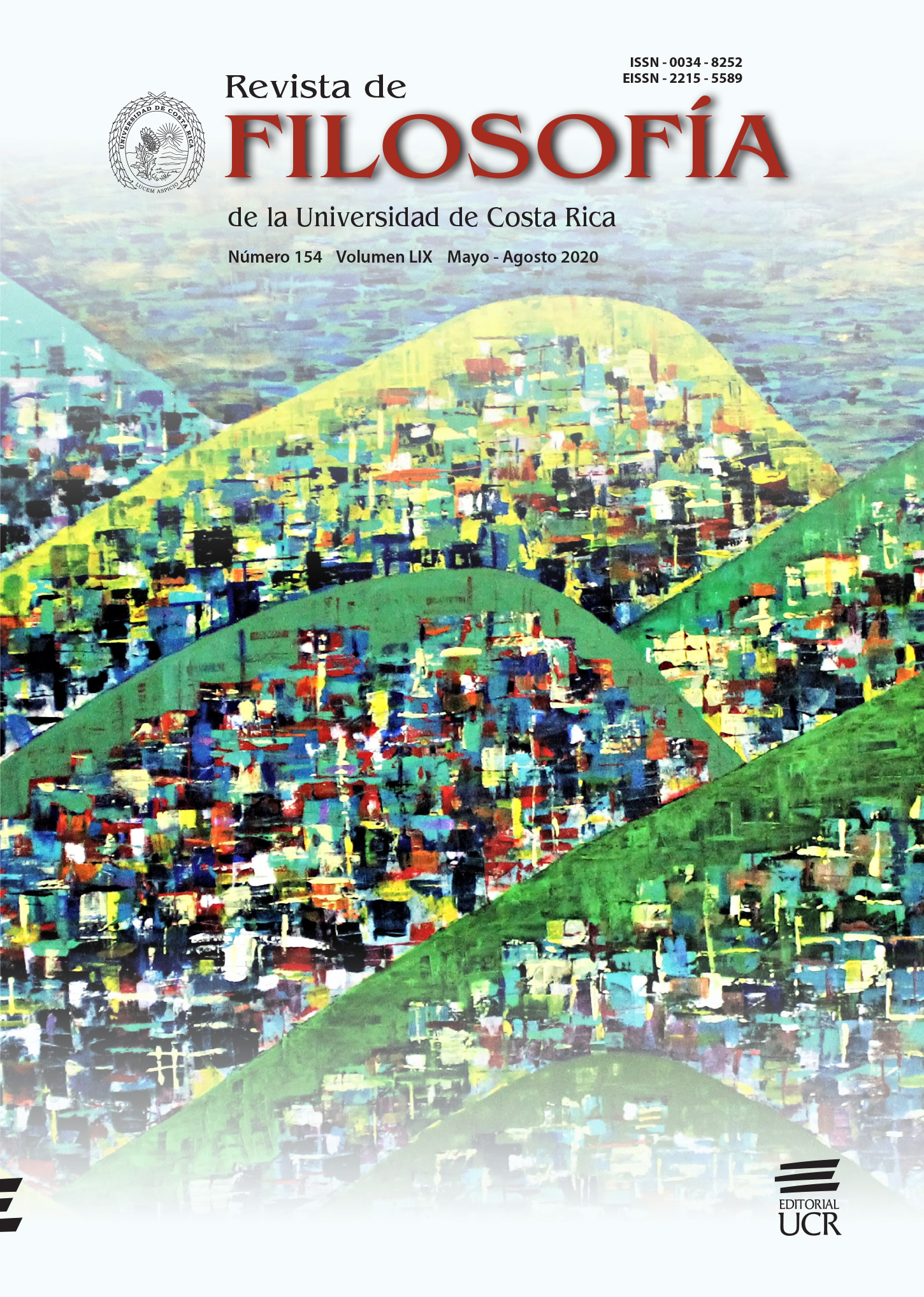Abstract
This article deals with Arendt’s criticism of Karl Marx in The Human Condition, where she affirms that in the latter’s theory there is a reduction of human beings to their dimension of labor, hence conceiving them like an animal laborans or an economic entity in which the human difference in relation to animals is basically their work force. From this perspective, we will argue in this study that at no time did Max define man as an animal laborans as Arendt pointed out. We shall escape this reduction, for we believe that in Marx’s work the activity of labor is presented as truly human and also a producer of history. This means that humans, aware of their labor power, can achieve emancipation and raise their fate well above their bare physiological needs. We will also argue that there is no distinction in Arendt’s analysis between work and labor in Marx, for this we will base the reflection on the theory of value to better clarify the interpretation that the theoretical realizes in defending that the Marxian theory considers the social emancipation by the abolition of the that is, there will only be freedom when work ceases to exist.

